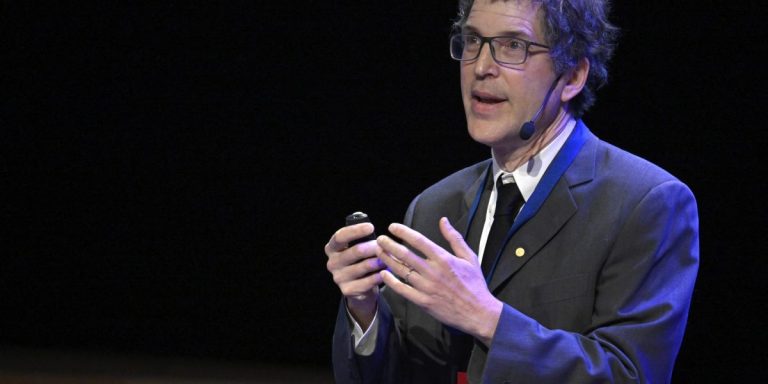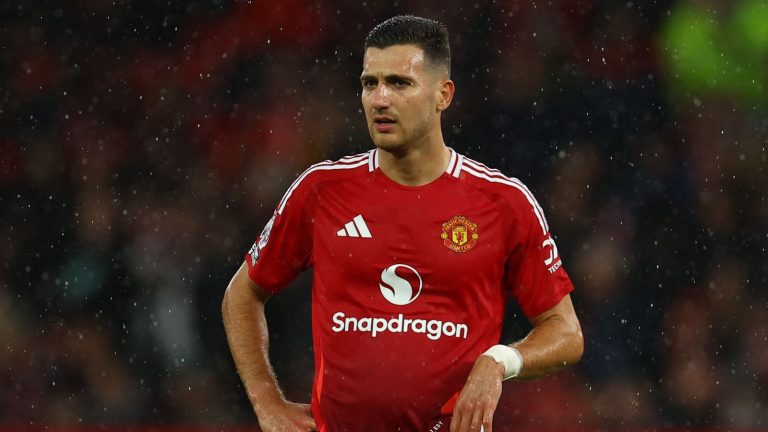
Crypto enthusiasts are closely watching an emerging contender in the market, Rexas Finance (RXS). With its price already climbing from $0.03 to $0.15 during its presale stages, the token is positioned as a serious competitor. Some analysts predict it will surpass $15, landing among the top 20 tokens. The project’s success lies in its innovative approach to real-world asset (RWA) tokenization, offering a mix of utility and accessibility that attracts both individual and institutional investors.
Crypto Whales Purchased RXS Token
The RXS Edge in Real-World Asset Tokenization
Rexas Finance is transforming RWA tokenization by bridging blockchain technology with tangible assets like real estate, gold, and other commodities. This makes high-value markets accessible to everyone. An investor in Asia, for instance, can purchase fractional ownership of a premium apartment in Europe with just a few clicks, earning passive income. The platform’s Token Builder simplifies this process, allowing users to tokenize their assets seamlessly. Combined with the Rexas Launchpad, individuals can raise funds by launching tokenized projects. These features eliminate traditional barriers to entry, such as geographic restrictions and high capital requirements, offering endless possibilities. The introduction of tools like the Rexas Quickmint Bot, GenAI, and AI Shield further enhances user experience, ensuring efficiency and security in tokenizing assets. These innovations demonstrate Rexas Finance’s commitment to embedding every conceivable real-world asset into blockchain networks, delivering a revolutionary user-centric platform.
RXS Presale Success and Community-Driven Growth
Rexas Finance has experienced rapid presale success, with stages 1–9 selling out, raising $26,375,000. Now in stage 10, the token price has surged fivefold to $0.15. Early investors could enjoy up to a 1.33x increase in their holdings upon launch, amplifying interest in the project. RXS’s tokenomics solidify its appeal. Of its 1 billion supply, allocations include 42.5% for the presale, 22.5% for staking pools, and 15% for liquidity. Marketing, team, and treasury allocations are optimized for sustainable growth. Rexas Finance’s public presale strategy—opting not to rely on venture capital—ensures equitable access for retail investors. To further engage its growing community, Rexas Finance has launched a $1M giveaway, rewarding 20 lucky winners with $50,000 USDT each. This initiative not only promotes inclusivity but also demonstrates the project’s focus on rewarding its early supporters. RXS holders gain multiple benefits, from staking rewards to governance privileges. Coupled with its listing on CoinMarketCap and CoinGecko, the token has garnered credibility and visibility, driving investor confidence.
Why Solana Bulls Are Watching
While Solana’s network efficiency remains unparalleled, analysts are now considering the potential of alternatives like RXS, which focus on utility and tangible outcomes. Unlike speculative tokens, Rexas Finance delivers real-world impact. As RXS prepares for public launch on three tier-1 exchanges, demand is set to soar. Analysts predict a $15 price point by early 2025, reflecting a 100x increase from current values. This growth potential positions RXS as an appealing option for long-term investors seeking significant returns.
Conclusion
Rexas Finance (RXS) is redefining crypto by integrating real-world asset tokenization with blockchain innovation. With its presale momentum, comprehensive utility, and an ambitious roadmap, RXS is poised to achieve top-20 status in the crypto market. The combination of tangible use cases, robust community support, and strategic tokenomics makes this token a prime contender in the market. For those looking to invest in transformative projects, Rexas Finance offers an unparalleled opportunity.
For more information about Rexas Finance (RXS) visit the links below:
Website: https://rexas.com
Win $1 Million Giveaway: https://bit.ly/Rexas1M
Whitepaper: https://rexas.com/rexas-whitepaper.pdf
Twitter/X: https://x.com/rexasfinance
Telegram: https://t.me/rexasfinance
Disclaimer: This is a sponsored article and is for informational purposes only. It does not reflect the views of Crypto Daily, nor is it intended to be used as legal, tax, investment, or financial advice.
























+ There are no comments
Add yours